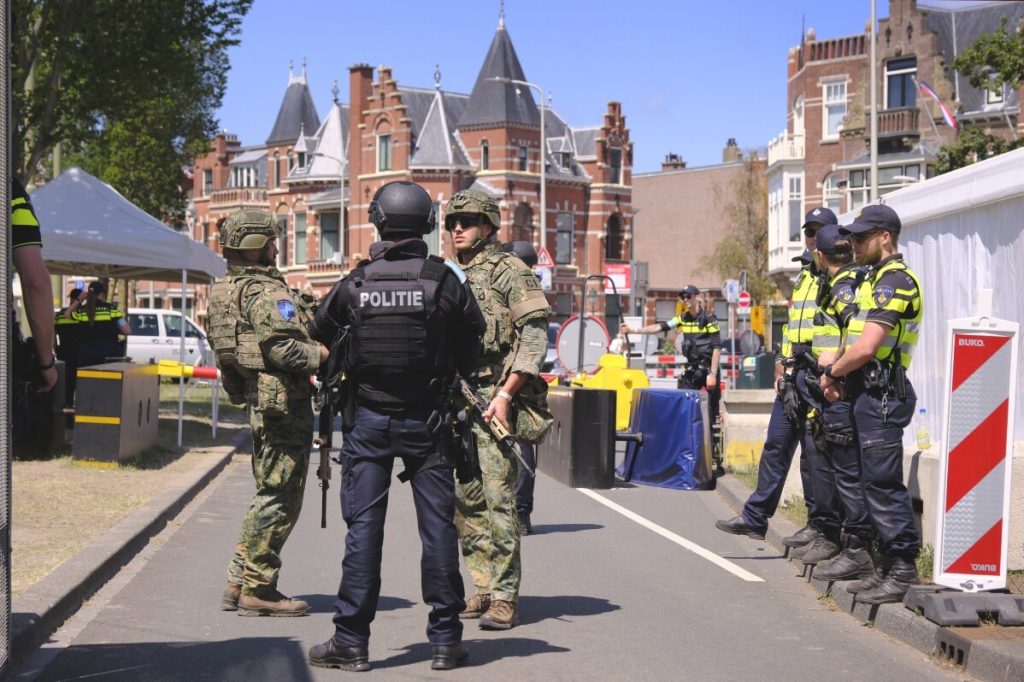NATO’s Hollow Support for Ukraine Revealed Amid Zelenskyy’s Exclusion from Leaders’ Summit
Despite grand promises, NATO sidelines Ukraine’s President Zelenskyy and softens its stance, exposing cracks in the alliance’s true commitment amid ongoing Russian aggression.

As NATO leaders convene this week in the Netherlands, one glaring reality emerges: Ukraine’s importance to the alliance is more rhetoric than resolute action. Secretary General Mark Rutte insists that Ukraine remains central to NATO’s agenda, promising continued security assistance and linking defense spending commitments through 2035 to backing Kyiv. However, the conspicuous absence of President Volodymyr Zelenskyy from the high-level leaders’ meeting lays bare a troubling diplomatic downgrade for a country still under violent siege by Russian forces.
Last year in Washington, NATO unequivocally pledged long-term support for Ukraine with declarations of unwavering commitment to its sovereignty and eventual membership aspirations. This year, that promise has been diluted into a lower-profile diplomatic presence for Zelenskyy despite an increasingly hostile war environment. The sidelining of Ukraine’s leader is not happening in a vacuum but is shaped by fractious relations between Kyiv and Washington over political issues earlier this year — notably a strained encounter between Zelenskyy and U.S. President Donald Trump.
Empty Words Amid Growing Threats
Rutte acknowledges the gravity of Russia’s ongoing assault, which involves not only Moscow but its partners like North Korea, Iran, China, and Belarus. Yet despite recognizing these threats, NATO stops short of fully embracing an assertive posture toward defending Ukrainian sovereignty at the summit’s highest level.
The promised escalation in military aid—over €35 billion from Europe and Canada—is indeed a financial boost compared to last year’s €20 billion. However, billions of euros do not equate automatically to strategic victories or meaningful deterrence if political will falters when it matters most.
The Cost of Political Calculations
The sidelining of Zelenskyy at this pivotal summit highlights how political calculations within NATO member states can undermine collective resolve against Russia’s aggression. A true America First perspective demands unwavering support for Ukraine as a frontline defender of Western civilization against authoritarian expansionism.
Moreover, allowing diplomatic slights to overshadow urgent security needs sends dangerous signals both to our allies and adversaries. If leadership hesitates now out of political expediency or personal grievances among key players, it risks emboldening Moscow further — with devastating consequences for European stability and American national security interests.
Conclusion: Demand Real Commitment
NATO must transition from symbolic gestures toward tangible deeds that cement Ukraine’s defense as non-negotiable. The United States and fellow alliance members should make clear that loyalty to freedom-loving nations facing tyranny is not optional or subject to political whims.
America First requires us all—leaders and citizens alike—to stand firm with our allies fighting for liberty on their soil before those battles reach ours.
